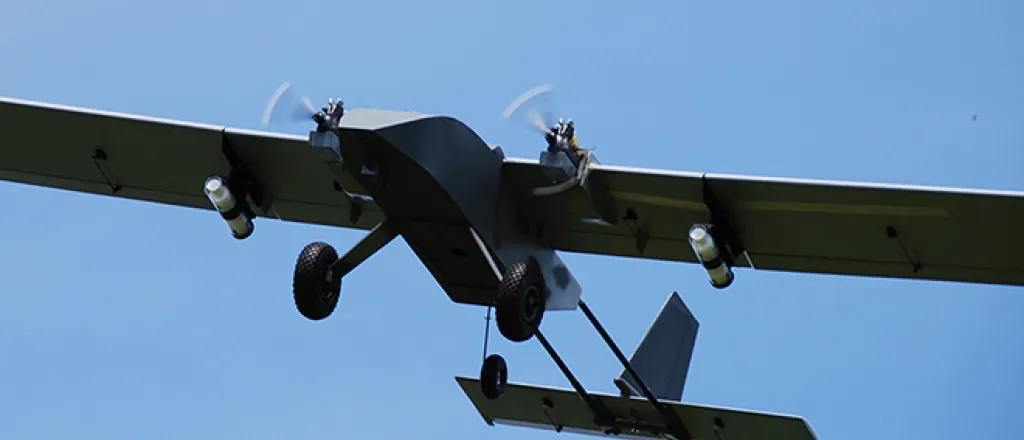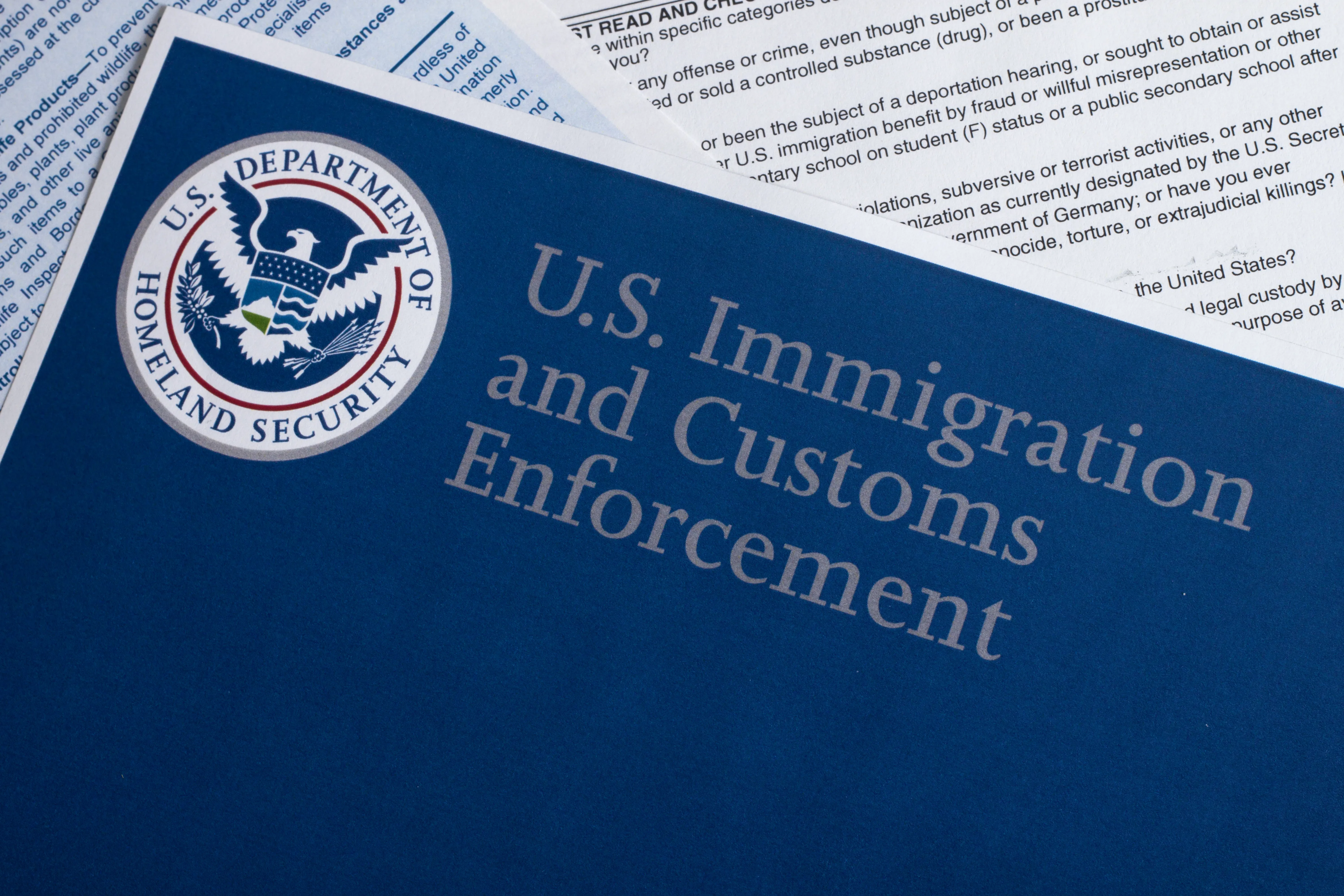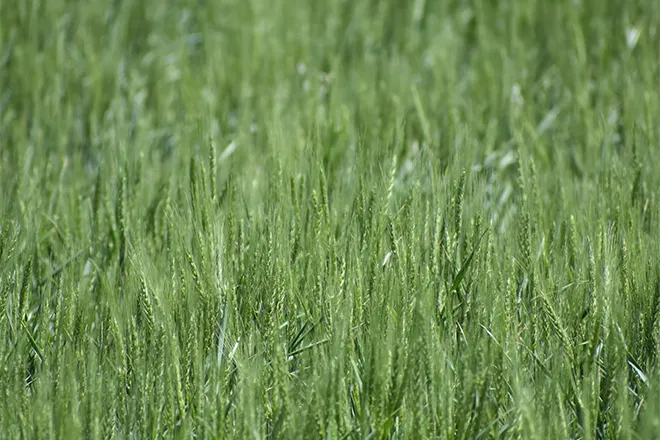
Iowa bill would prohibit drone use near livestock operations
(Iowa News Service) The Iowa House has voted to ground drones over livestock containment and feedlots.
Critics of the measure say drones are used to document unhealthy conditions inside the facilities, but the bill's supporters say the devices are invading farmers' privacy and endangering animals.
House File 572 would restrict drones from flying within 400 feet of an area where farm animals are kept without the landowner's permission.
Rep. Derek Wulf, R-Hudson, a cattle rancher from Black Hawk County, said the bill is intended to protect the safety of Iowa's livestock, arguing drones cause the animals to act erratically.
"Pushing 'em through fences; one producer actually found a crashed drone in one of their feedlots," Wulf pointed out. "As the drone industry continues to progress and grow, it seems to be becoming a larger and larger concern for livestock producers, not only in this state, but seems like across the country."
If the bill passes, drone operators caught violating the restrictions would be guilty of a misdemeanor and the charges could become more severe if the drone takes pictures or video of the livestock operations. The bill is headed to the Senate.
As the recreational drone industry grows, Wulf noted there are most likely operators who are not intentionally trying to cause problems for livestock. On the other hand, he acknowledged the bill is a response to animal rights groups using drones to document conditions inside ag operations. Wulf added there are drone operators who are trying to be disruptive.
"We know there's groups out there that are targeting livestock operations and would rather see the livestock industry not move forward," Wulf explained. "Some of it is definitely maliciously intended, and that's what we're really trying to address, is to make sure that we can protect both the privacy rights and the safety of our livestock in these operations."
The bill would not apply to people flying drones over their own property and was amended to allow business owners who need to survey multiple large plots of land to be able to do so without the threat of penalty.

















